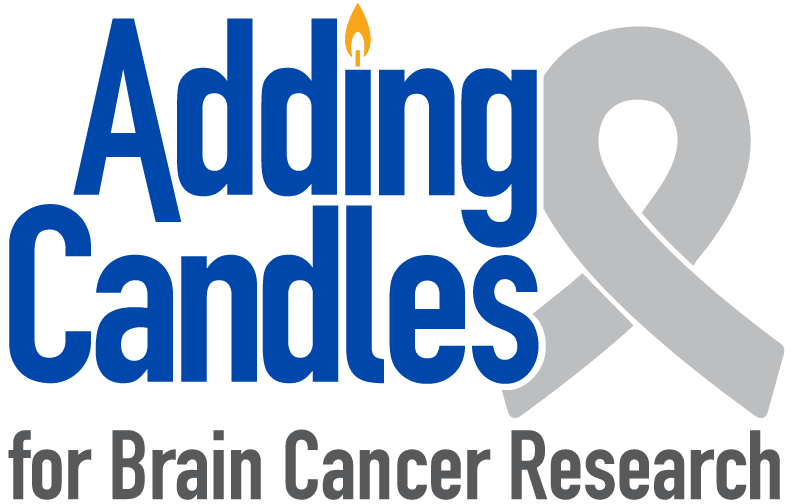New Research at Wilmot Cancer Institute
By Nimish Mohile, MD; Professor of Neurology and Oncology, Wilmot Cancer Institute
The goals of brain tumor research at the University of Rochester are to extend the lives of patients and also to improve their quality of life while they are alive. Brain tumors as well as their treatments- surgery, radiation and chemotherapy—take a toll on patients and impact their ability to think, work and feel normal. Traditional research in cancer has focused overwhelmingly on treating tumors and extending life irrespective of the treatment’s impact on a patient’s daily life. There has been a recent push by the National Cancer Institute and other organizations to better study how a patient and their family feels and copes with the symptoms related to new treatments. In the future, clinical trials will need to incorporate the patient’s perspective—not just the doctor’s—when studying new therapies.
Today, in brain tumors, there is a large gap in knowledge on how to best assess a patient's quality of life. With the help of Adding Candles, we hope to change that. The University of Rochester Brain Tumor Program will be embarking on a unique and large scale study aimed at truly understanding a patient's experience while they are undergoing treatment and living with a brain tumor. We will be using modern technology to gather information from patients and their caregivers about how they feel, function and live. This information will allow us to understand some fundamental questions about the side effects caused by drugs, radiation and seizure medications. We will learn about how an emergency room visit or hospitalization impacts a patient and determine when a patient or caregiver is most in need of more help and assistance. We will be able to determine when a patient may be able to tolerate treatment and when the treatment may make them worse. This program will allow us to determine the best ways to assess patient outcomes so that we can ultimately incorporate them into clinical trials. This will mean that future drugs will be developed with the patient in mind, not just the scientists and doctors. Discovering what ails a patient and what heals them will ultimately guide the development of new drugs to cure brain tumors.
